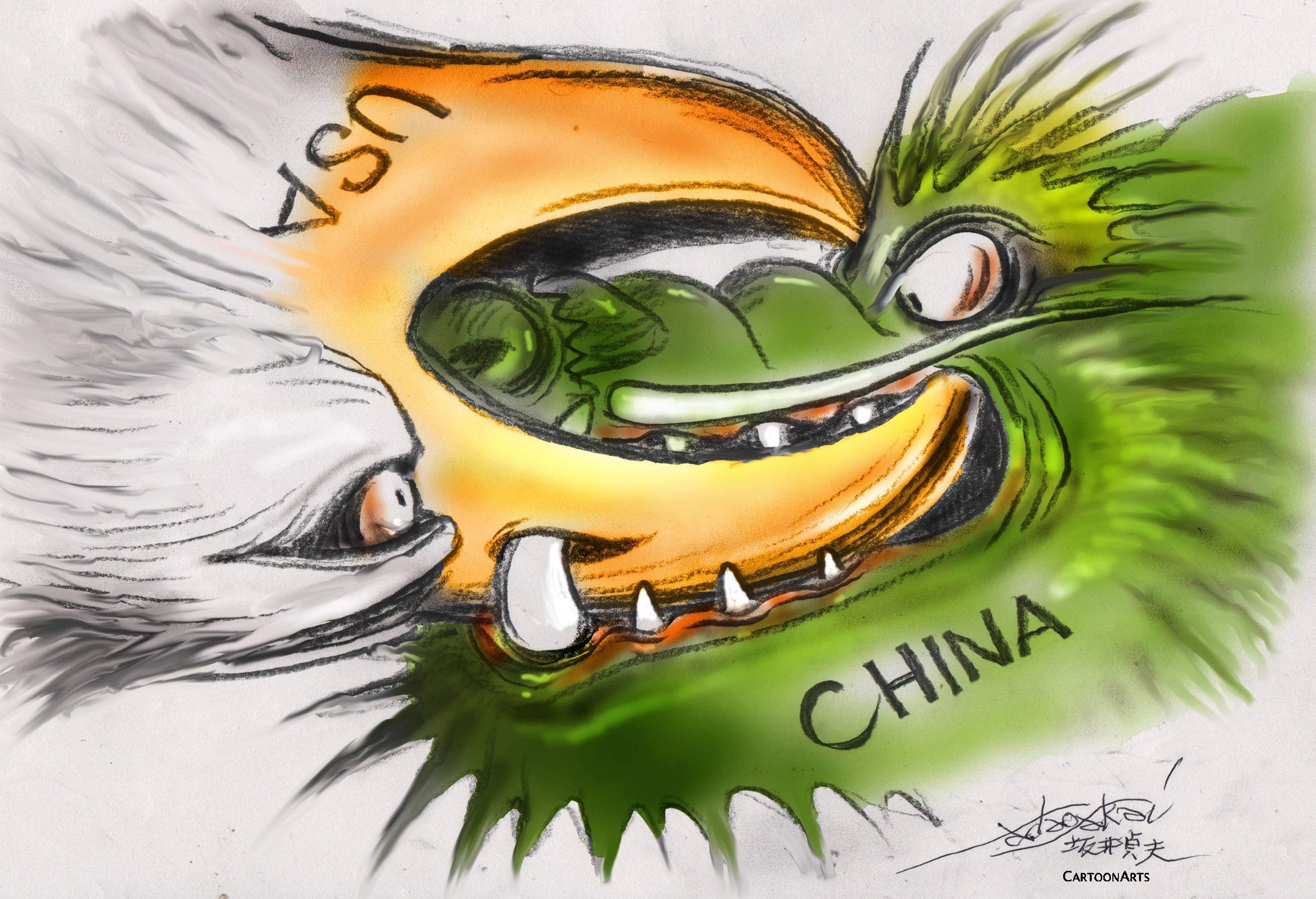When I joined Pacific Forum, a Honolulu-based think tank, in 2001, the transition to a tripolar world was finally gaining traction. Some far-sighted individuals envisioned the rise of Asia (and not merely a few countries within the region) in the 1970s and '80s, but serious discussions of power and politics remained focused on the trans-Atlantic space. Asia was largely viewed as a secondary theater.
When George W. Bush became the U.S. president in 2001, some strategists grasped the implications of China’s rise. Attention almost shifted following the April 2001 EP3 crisis, in which a U.S. surveillance aircraft collided with a Chinese fighter, was forced to make an emergency landing on Hainan island, and the plane and its crew were detained. (The Chinese jet was lost and its pilot was killed.) That could have crystallized U.S. antagonism toward China and moved forward the confrontation that is now unfolding, but the Sept. 11, 2001, terrorist attacks in the United States refocused attention and Beijing seized the opportunity to find new common ground with Washington.
Until then, interactions between U.S. experts and officials and their Asian counterparts were limited, focused on identifying shared concerns, which tended to be security-oriented (and security as traditionally defined), although economics was of increasing importance given the spread of Japanese production networks. A lack of commonality between interlocutors — the U.S. and whichever country it was talking to — meant that discussions sought broad principles of agreement which would then be used to craft action agendas.



















With your current subscription plan you can comment on stories. However, before writing your first comment, please create a display name in the Profile section of your subscriber account page.